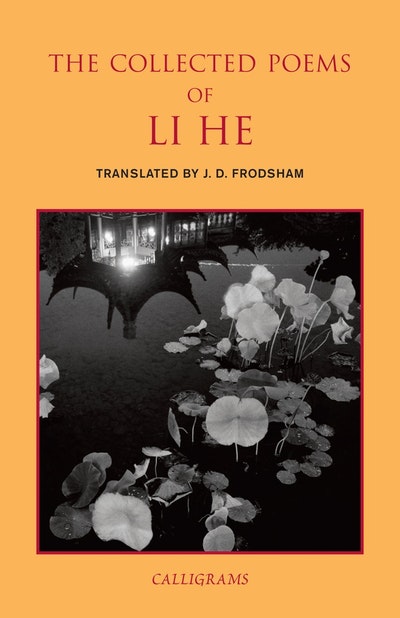- Published: 15 March 2017
- ISBN: 9789629966607
- Imprint: NY Review Books
- Format: Paperback
- Pages: 400
- RRP: $55.00
The Collected Poems of Li He
Formats & editions
Buy from…
- Published: 15 March 2017
- ISBN: 9789629966607
- Imprint: NY Review Books
- Format: Paperback
- Pages: 400
- RRP: $55.00
"Frodsham has...developed aspects of Li He's biography, generally presenting them more succinctly...Certainly, Professor Frodsham's finely wrought translation of Li He remains the most cultured of those recent attempts to render into English this intractable, culture-bound Chinese poet." --Anne M. Birrell, Journal of the Royal Asiatic Society of Great Britain & Ireland


